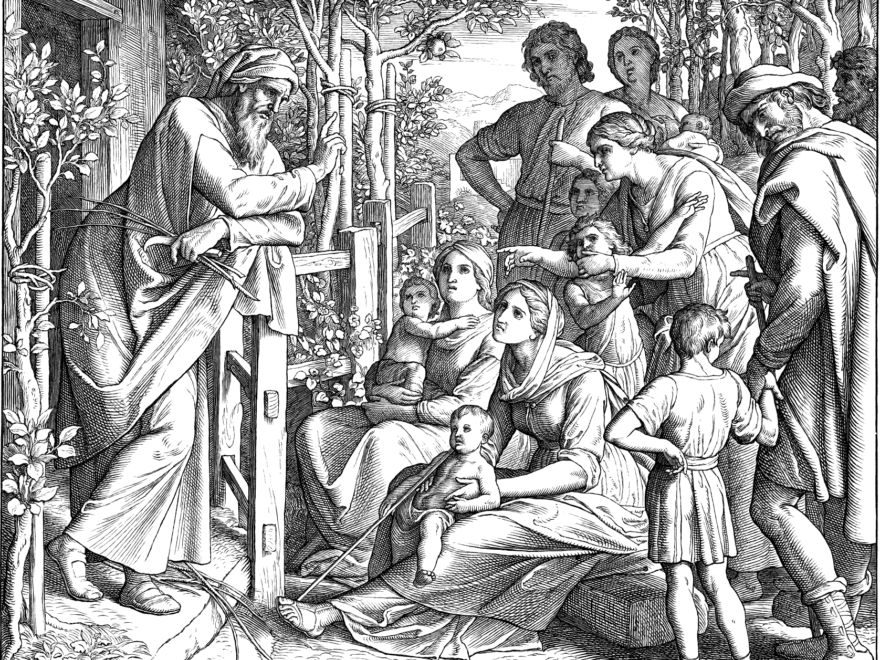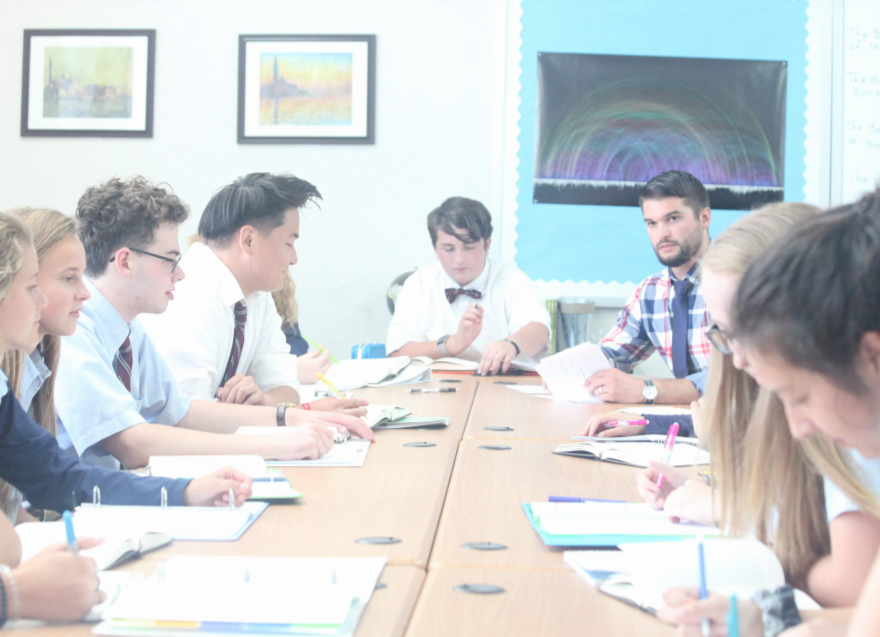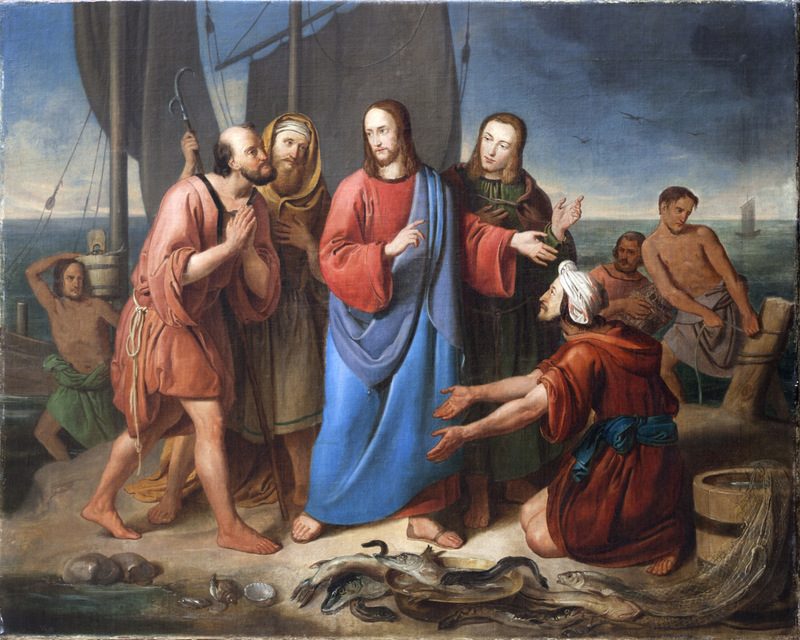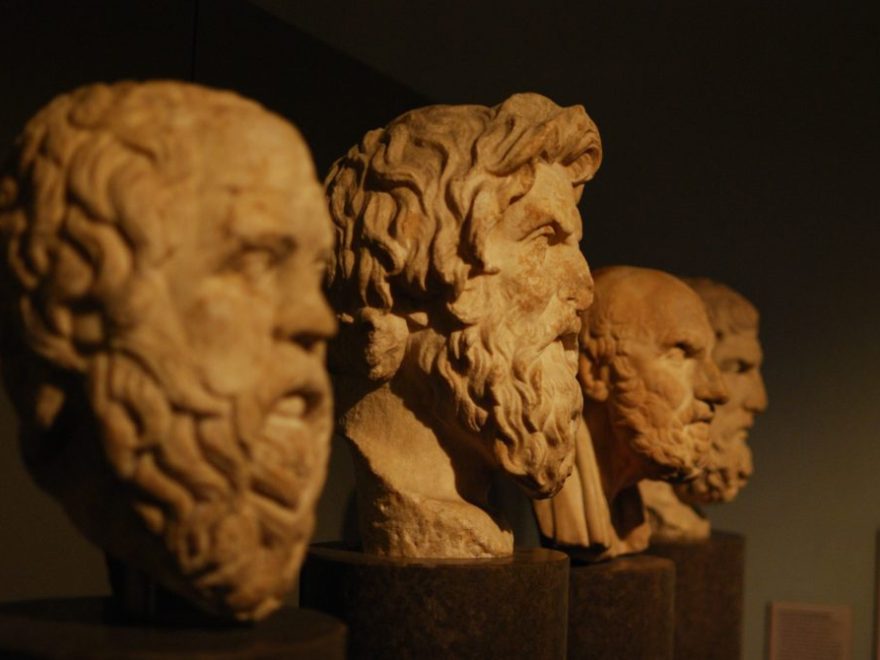Tag: theology
-

A Poem for Advent
With the Christmas season now in full swing, there tends to be a strong focus on the joys of being young. This is notably displayed in the excitement our culture generates around shopping and gift-giving, particularly for children. Movies like Home Alone, Elf, and A Christmas Story feature the idea of youthfulness prominently in their…
-

Why Classical Education Needs a Theology of Wisdom: A Foundation for Wise Integration in the Modern World
The modern world of education is characterized by the opposites of integration: isolation and reductionism. Colin Gunton, in the 1992 Bampton Lectures at Cambridge, entitled The One, The Three and the Many: God, Creation and the Culture of Modernity, uses the terms, “disengagement” and “fragmentation” to describe the predicament of modernity. The term “disengagement” he…
-

Enjoying the Bible as Literature: 5 Strategies for Engaging Students in Reading the Canon
Guest article by Heidi Dean of Christian Schools International (See Jason’s article on CSI “7 Steps to Narrating the Bible”!) In biblical studies we seek to cultivate the habits of reverence, humility, submission to the text, and other qualities of faithful scholarship. But I propose another goal should rise to the top: enjoyment. The enjoyment…
-

Three Premises for Teaching Theology
In March 1984, British missiologist Lesslie Newbigin delivered the Warfield Lectures at Princeton Theological Seminary on the topic of the gospel and western culture. In these lectures, which were later compiled into a book entitled Foolishness to the Greeks (Eerdmans: 1986), Lewbigin considers what would be involved in a genuinely missionary encounter between the gospel…
-

Training the Prophetic Voice, Part 4: Jesus as Prophetic Trainer
In my ongoing series on training the prophetic voice, we have looked at several biblical and theological aspects of what it means to speak with a prophetic voice. We have seen how speaking truth is the heart of the prophetic voice, and that God himself is the theological grounding of our conception of truth-speaking. In…
-

Charlotte Mason and the Liberal Arts Tradition, Part 1: Mapping a Harmony
“What has Athens to do with Jerusalem?” the church father Tertullian skeptically asked. Tertullian was writing at a time in which church leaders were weighing the pros and cons of mining the Greco-Roman philosophical tradition for insights they could utilize in the development of a distinctively Christian philosophy. Similarly, within the Christian classical school movement,…
